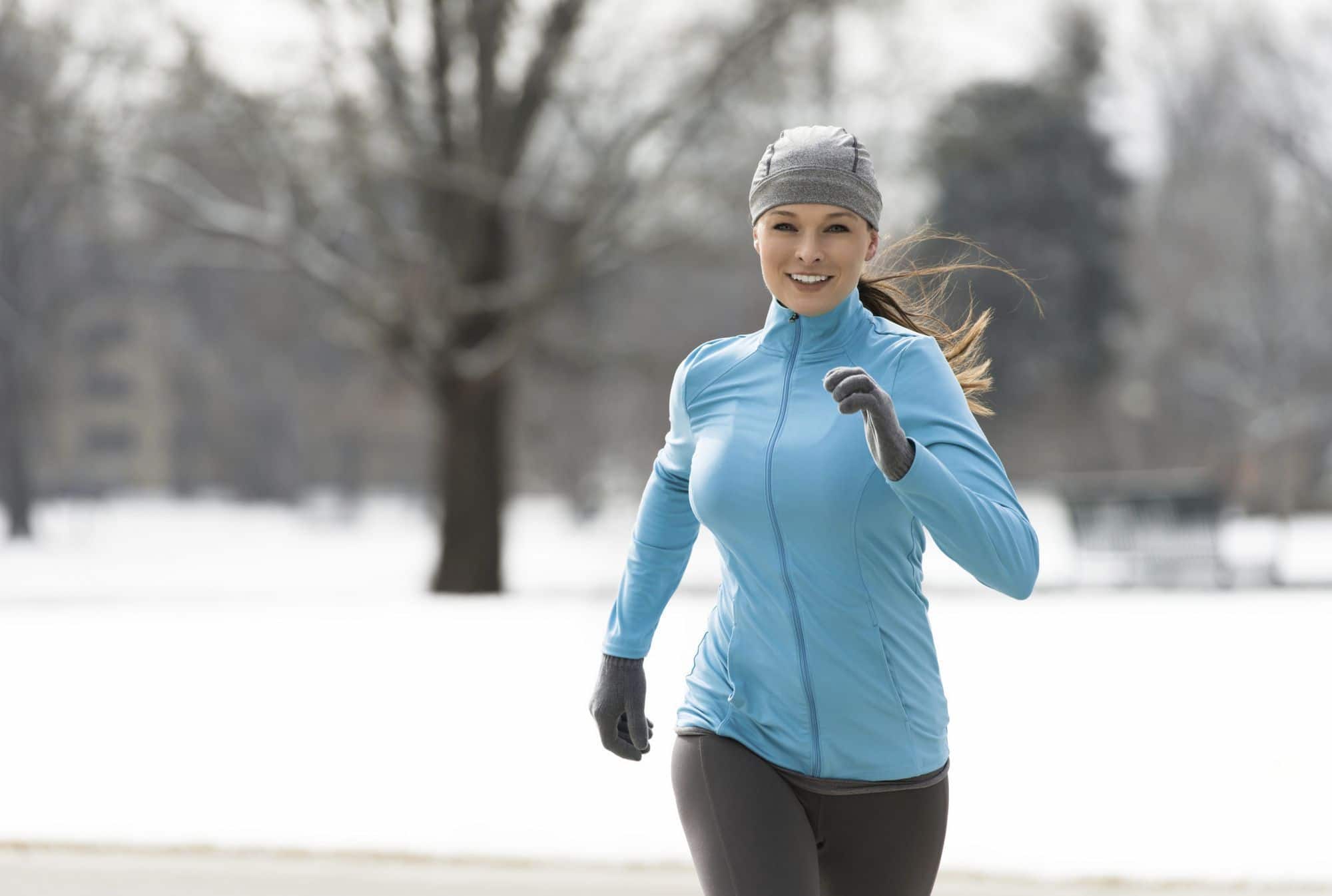
During the warmer summer months, many patients have increased venous symptoms such as leg edema and fatigue. On the other hand, you can benefit from the symptomatic relief that the winter weather can give. Colder temperatures can assist to alleviate the symptoms of vein disease in a variety of ways. Lower temperatures, for example, can help to improve circulation, reduce swollen veins, and alleviate a variety of unpleasant and uncomfortable symptoms.
How To Improve Blood Circulation In Winter.
Inactivity, a poor diet, and obesity can aggravate varicose vein symptoms and raise your chance of developing additional, potentially deadly health problems including venous ulcers and blood clots.
1. Exercise Regularly
We understand that the season’s shorter days and inclement weather may make this challenging. However, finding a physical activity outlet on most days is crucial. You can make use of home workouts, climbing the stairs at home or at work, joining a fitness club, or buying winter exercise gear.
2. Avoid Prolonged Sitting or Standing
Because there isn’t as much to do outside in the winter and leaving the house isn’t as enjoyable owing to the weather, many of us may become more sedentary. If you’re going to get comfy and binge-watch your favorite show, make sure to get up and stretch every now and again.
3. Eat A Healthy Diet
We all know that this is the time of year when it might be tough to maintain healthy eating habits. When it’s cold outside, some of us crave different foods, particularly comfort foods, and many of us plan to spend the holidays with friends and family, which usually entails a lot of food. Moderately consume seasonal treats, substitute healthier ingredients in recipes, and choose nutritious snacks to complement your hot chocolate by the fire.
4. Decrease Your Caffeine Intake
Caffeine causes blood arteries to constrict, impairing circulation. Instead, remain warm by drinking caffeine-free herbal teas.
5. Wear Compression Socks
Compression socks can aid people suffering from disease symptoms like varicose veins by boosting circulation. They also have the ability to keep you warm. Always see a doctor or a vein specialist before attempting compression socks to see whether they are effective for your situation.
Schedule Varicose Vein Treatment With The Vein Institute Toronto
Varicose veins do not go away on their own, especially during the colder months. This winter, you don’t have to put up with any unpleasant symptoms. To assist you to understand your varicose vein treatment options, our vein experts at the Vein Institute of Toronto provide individualized care using cutting-edge treatment techniques such as endovenous laser therapy and the Venaseal closure system. Book a free consultation now on our website or call us at (416) 929-0834

Recent Comments